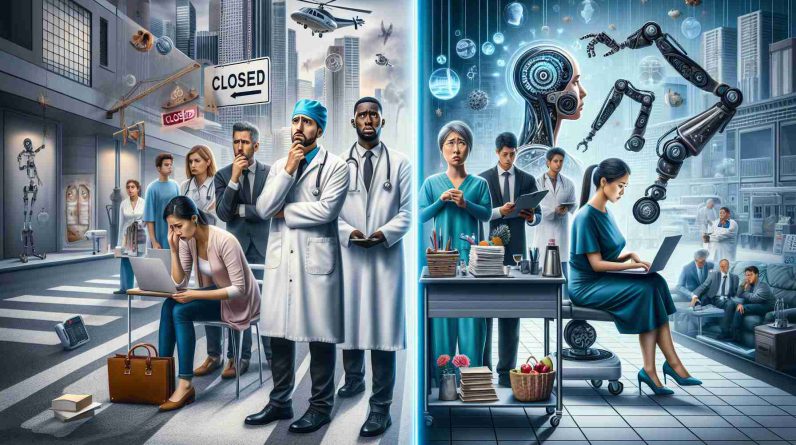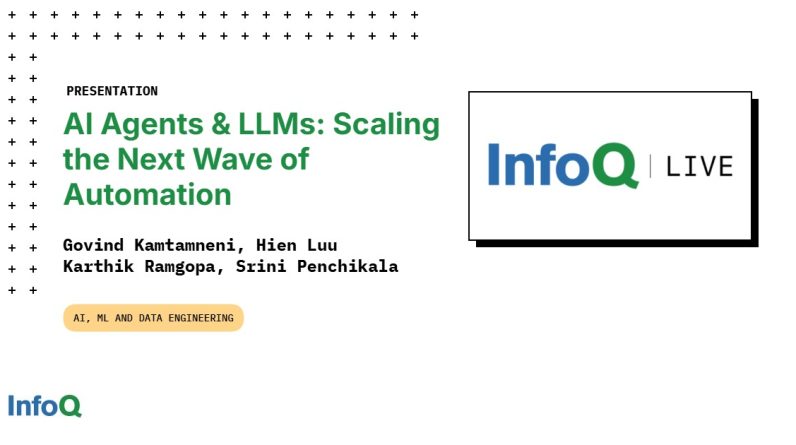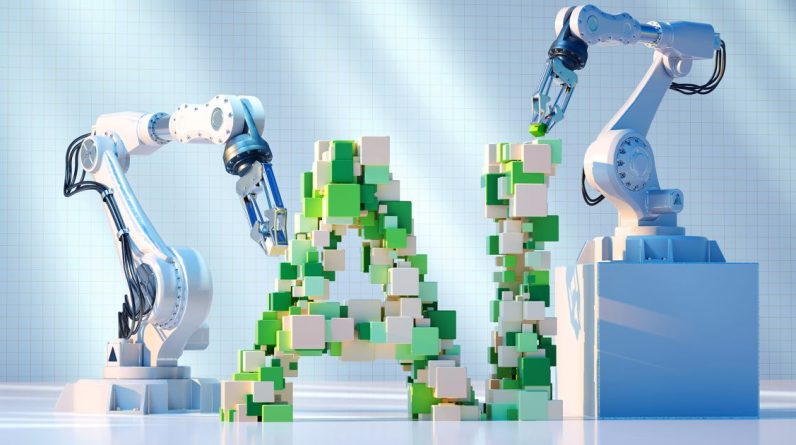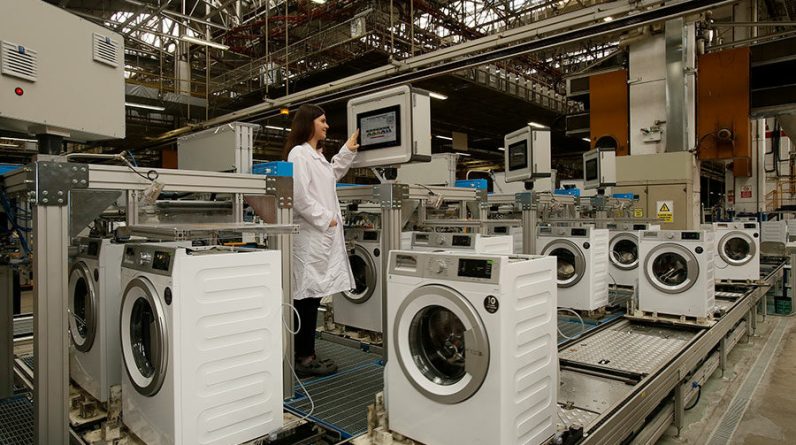
The rise of Artificial Intelligence (AI) and Automation has sparked growing concern among IT professionals regarding the future of their jobs. In recent months, numerous layoffs have occurred across the tech industry, leaving many employees worried about their job security.
According to a report by Authority Hacker, more than half of workers, particularly those in the tech sector, are increasingly anxious about the possibility of job loss. IT Services and Data professionals, as well as Software Developers, are experiencing the highest levels of anxiety due to job security concerns.
A staggering 72.42% of respondents to a survey expressed unease about the impact of AI on their jobs in the next five years. Nearly half of those surveyed agreed that AI would have an effect on their job security. Executives at the C-level and Directors level expressed the most apprehension about the future of their roles.
The reasons behind these job cuts are varied. Many companies are undergoing restructuring, especially in the aftermath of the Covid-19 pandemic, which has led to shifts in business priorities and the elimination of departments or projects. Economic uncertainty, improving financial stability, overstaffing during the pandemic, and pressure from investors are also contributing factors.
For example, SAP, a German software company, announced a restructuring plan that would affect over 7% of its workforce, while Expedia Group is streamlining its cost structure by laying off 1500 employees. Cisco, an IT company, cited an uncertain business environment and sluggish demand in telecommunications as reasons for laying off 5% of its workforce.
Undeniably, the rise of AI and Automation has resulted in the displacement of many routine and repetitive jobs. Machines are increasingly capable of performing tasks that were previously exclusive to humans, leading to automation across various industries. From manufacturing and transportation to customer service and data analysis, AI-driven technologies are replacing human labor at an unprecedented rate, causing unemployment and reshaping the workforce.
However, AI will not only lead to job displacements but also create new opportunities. According to the World Economic Forum, AI could create up to 97 million new roles by 2025. To be eligible for these AI-powered positions, individuals must equip themselves with AI skills. This can be achieved by integrating AI tools into daily operations, nurturing interpersonal skills, building professional networks, and developing specialized expertise.
Numerous studies have indicated that a majority of executives foresee AI augmenting rather than replacing job roles, highlighting the importance of AI upskilling in mitigating unemployment risks. Embracing AI and acquiring AI-related skills is crucial for professionals looking to navigate the evolving job market.
In conclusion, the rise of AI and Automation has brought about job insecurity among IT professionals. While there are concerns about job loss, there is also a recognition that AI presents opportunities for growth and development. Adapting to this changing landscape by acquiring AI skills is essential for securing employment in the future.
FAQ
1. How are IT professionals affected by the rise of AI and Automation?
Many IT professionals are concerned about job loss due to the increased adoption of AI and Automation technologies.
2. Which sectors are experiencing the highest levels of job insecurity?
According to a report, IT Services and Data professionals, as well as Software Developers, are experiencing the highest levels of anxiety regarding job security.
3. What are the reasons behind job cuts in the tech industry?
Job cuts in the tech industry can be attributed to factors such as company restructuring, economic uncertainty, improving financial stability, overstaffing during the pandemic, and pressure from investors.
4. Can AI create new job opportunities?
Yes, AI has the potential to create new job opportunities. Studies have forecasted that AI could create millions of new roles by 2025.
5. How can individuals prepare for the future job market?
Individuals can equip themselves with AI-related skills by incorporating AI tools into daily operations, nurturing interpersonal skills, building professional networks, and developing specialized expertise.
The tech industry, like many others, is subject to trends and market forecasts. The rise of AI and Automation is shaping the industry in various ways. According to a report by Market Research Future, the global AI market is projected to reach a value of $190.61 billion by 2025, growing at a CAGR of 36.62% during the forecast period.
One of the key drivers of this growth is the increasing demand for AI-powered solutions in various sectors such as healthcare, finance, retail, and automotive. AI technologies are being used to improve efficiency, productivity, and decision-making processes in these industries. For example, AI is being used in healthcare for disease diagnosis and treatment planning, in finance for fraud detection and risk assessment, and in retail for personalized marketing and customer service.
However, along with the opportunities, the industry also faces challenges and concerns. One of the main issues is the ethical and responsible use of AI. As AI becomes more powerful and autonomous, there are concerns about biases, privacy violations, and the potential for AI systems to make decisions that may harm individuals or society as a whole. Companies and policymakers are increasingly focusing on developing guidelines and regulations to ensure the responsible use of AI.
Another challenge is the shortage of AI talent. As the demand for AI technologies grows, there is a need for professionals with the necessary skills and expertise to develop and implement AI solutions. According to a report by LinkedIn, AI specialists and machine learning engineers are among the fastest-growing job roles in the tech industry.
To address this talent shortage, companies are investing in upskilling their existing workforce as well as partnering with educational institutions and training programs to develop AI skills. Universities are also offering specialized AI courses and programs to cater to the growing demand for AI professionals.
Overall, the AI industry presents both opportunities and challenges. The market forecasts indicate significant growth, but there are concerns about ethical use and the availability of skilled professionals. As the industry continues to evolve, it is important for stakeholders to stay updated on the latest developments and trends.








